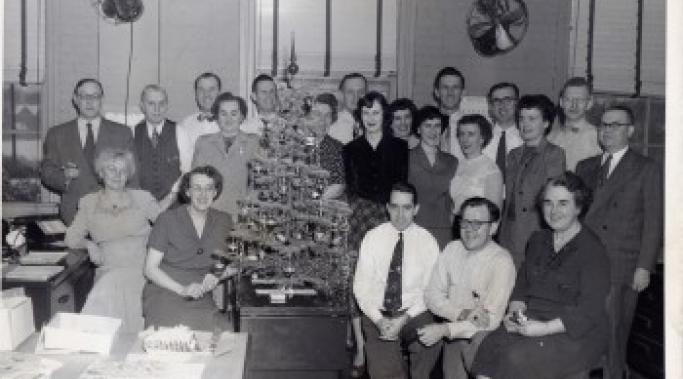Do you fear addiction recovery? During my active addiction, I feared everything. Fear was the driving emotion in my life. I was afraid of an unknown future and was most afraid of becoming sober. I'd become comfortable in my mess and just the thought of anything different frightened me. The fear of addiction recovery hid itself in my untruths.
Making Changes
My lack of emotional maturity during my active addiction caused me to stuff down my feelings. Thinking, “I have to feel my feelings?” caused me great fear when I started sobriety. Whenever I started working through a 12-step program, dealing with emotions felt like opening a closet door with a big, scary monster inside of it. The scary monster was all the feelings I’d stuffed in there, during the decade I used. I was emotionally immature and didn’t have tools to handle the ups and downs of life. Getting drunk or high was my response to every feeling. For example, if you made me angry, I would get "drunk at you" for revenge. It really was as silly and self-destructive as it sounds. I was so scared of that monster, my emotions in the closest, that I’d rather self-destruct than face them.
Overcoming regret in addiction recovery can feel impossible because when a person is in active addiction, he or she tends to repeat the same mistakes over and over. I’ve been there, I know the guilt, shame and embarrassment that accompany regret, and I know how important it is to find a way to overcome it. It’s important because regret can be a huge obstacle to people getting better and a huge risk for relapse. That happened to me, too. I wasn’t able to deal with my regret and that caused me to go back out and drink – time and time again. Since then, I have learned that even though regret is painful, dealing with it is part of the recovery process and healing. It is possible to overcome regret in addiction recovery, even if it isn’t easy.
Learning to set limits in addiction recovery is vital for overall wellness (Applying Addiction Lessons When We Need a Hiatus). In knowing my own limitations, I have decided it is best for my addiction recovery to say goodbye as an author of Debunking Addiction.
Old, addictive behaviors can crop up, leading to a relapse. These are often traits that served us well in our addiction by enabling us to use or drink with minimal interference. By evaluating our behavior through the lens of humility, we are able to see when old, addictive behaviors resurface and if they may be leading you to a relapse.
Learning how to revisit painful memories can improve your sobriety by cleaning up negative emotions that no longer serve you. Recalling old wounds may seem scary, traumatizing, and unnecessary to some, but my experience has been overwhelmingly positive. While difficult and unpleasant at the time, the discomfort was outweighed by the relief I felt afterward (Unwanted Trauma Memories - How Do You Get Rid Of Them?). It's important to take certain steps during this process to ensure it has a positive outcome. Here are some tips on how to process painful memories to improve your sobriety in 2016.
Love it or hate it, the holiday season always brings obligations and you have to handle holiday obligations in alcohol recovery. It can be tricky to navigate those obligations. For me, feeling overwhelmed is just as a big an alcoholism trigger as alcohol itself so I have to be careful in my alcohol recovery with regards to holiday obligations..
An alcoholic self-sabotages when she tries to evade negative feelings and consequently creates more problems in her life (Ways to Avoid Negative Coping Skills). Alcoholics commonly self-sabotage their relationships, sobriety, and career as they try to avoid feelings they often buried with alcohol. Most of the time, they are not even conscious that they are sabotaging themselves, unless it is pointed out to them. For this reason, it's important for alcoholics and their support network alike to understand why incidents of an alcoholic's self-sabotage most often occurs around a sobriety milestone or a significant life change.
Courage and confidence are emboldened by alcohol because it lowers inhibitions, thereby reducing the sense of fear--but you can find courage and confidence without alcohol. A common misconception is that courage is the absence of fear. However, courage is actually defined by taking action in spite of your fears. When regaining control of your life in early sobriety, developing courage and confidence is difficult if you have always relied on alcohol. For anyone adjusting to sobriety, here are a few suggestions to find courage and confidence without alcohol.
Talking to children about addiction and recovery may put recovering parents in a tough spot. Parents in early addiction recovery often struggle with explaining their drug or alcohol addiction to their children. Depending on their ages, some details of addiction are too graphic or complicated for children to understand. It’s important for the recovering parent to carefully consider the needs of the child. However, the parent's need for privacy during such a challenging and tumultuous process must be respected, too. Here are some suggestions to navigate talking to your kids about addiction and recovery.









